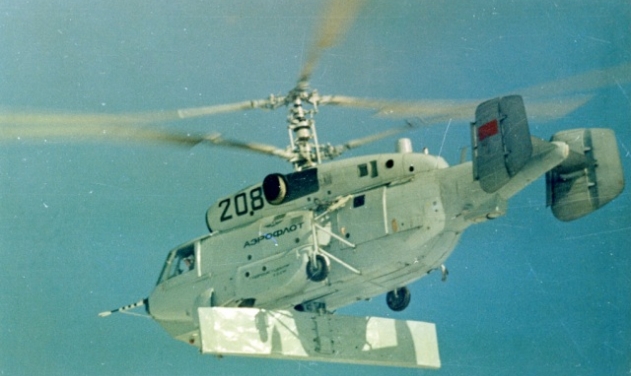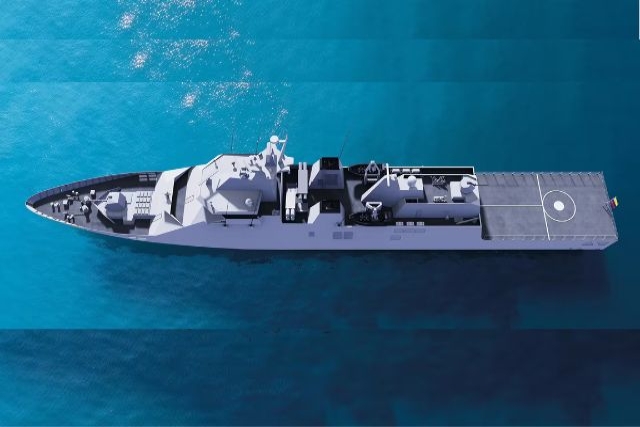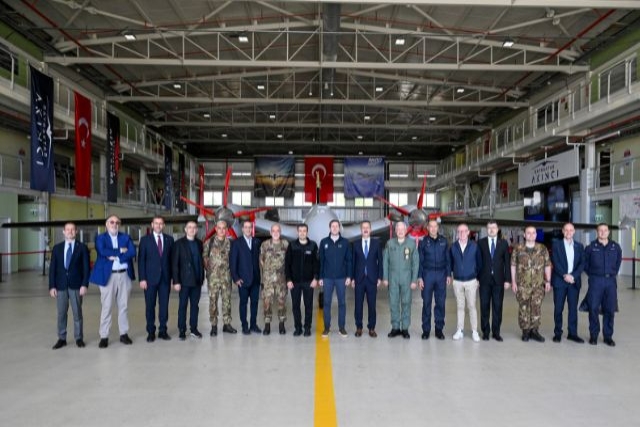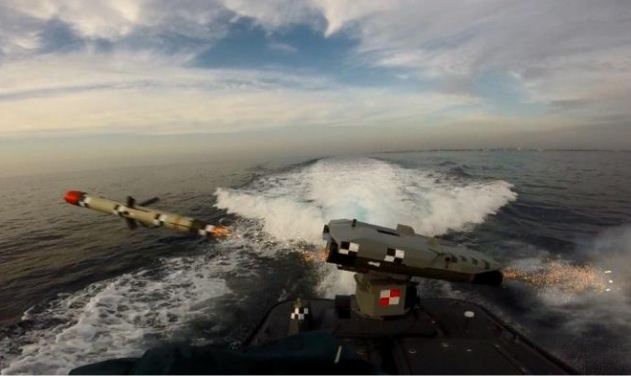KA-31 Helicopter Plan Suggests Intensified Indian Naval shipbuilding Activity

The Indian Defence Ministry’s approval of a plan to purchase 10 Kamov KA-31 helicopters from Russia suggests that several new large ships would come on stream in the next couple of years which would need the airborne radar support provided by this unique rotorcraft.
Among significant ship building projects, the Indian Navy is expected to start trials of the Indigenous aircraft carrier (IAC)-1 next year, though no formal announcement has been made in this regard. Several large warships which could support the KA-31’s operations from their decks are in various stages of procurement.
The KA-31 is considered a poor-man’s airborne radar system for countries that do not have sophisticated carrier-based AWACS such as the US-made Hawkeye. India already has a complement of KA-31 helicopters as also their earlier versions.
Some reports suggest that future Indian KA-31s would be equipped with the home-made Sarang electronic support measures (ESM). The Sarang ESM comprises several antennae types mounted at various points on the airframe to obtain 360 degree coverage.
Russian arms exporter, Rosoboronexport designates Ka-31 as a ‘radar picket helicopter’, it is designed to detect air targets surface ships, track and identify them, as well as provide automatic data transmission to ground and ship-based command and control centers.
The most important system of the helicopter is the E-801 airborne radar system which allows to simultaneously detect up to 200 targets, similar to a modern fighter, and to take 20 for tracking. Detection range is up to 100-150 km for small aerial targets and up to 250 km for surface targets. Radar information from the helicopter is automatically transmitted to land and ship receiving points.
The radar hangs below the helicopter during flight and is folded up for landing and take-off.









